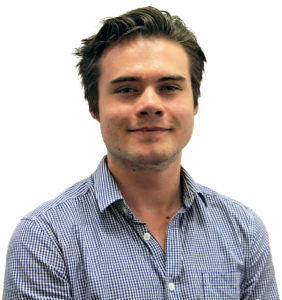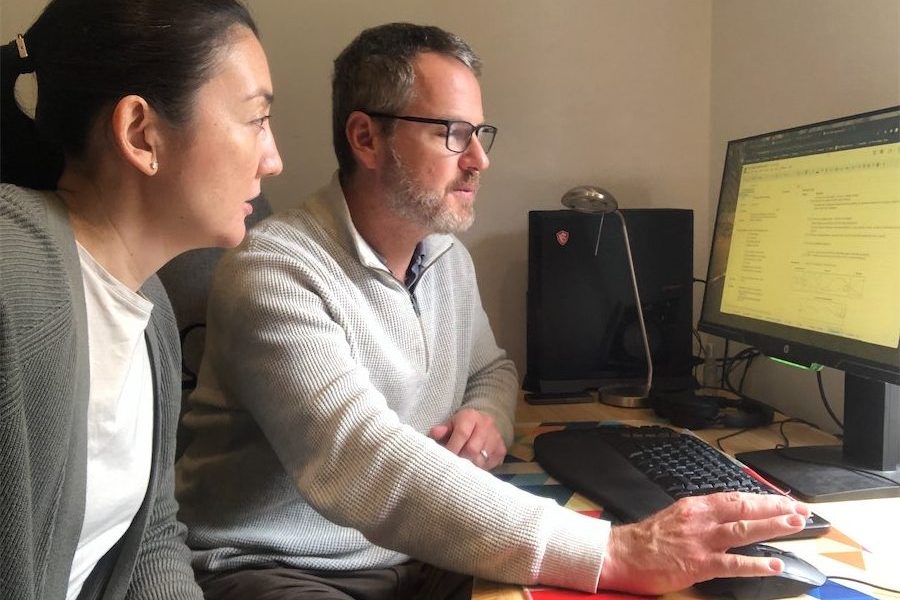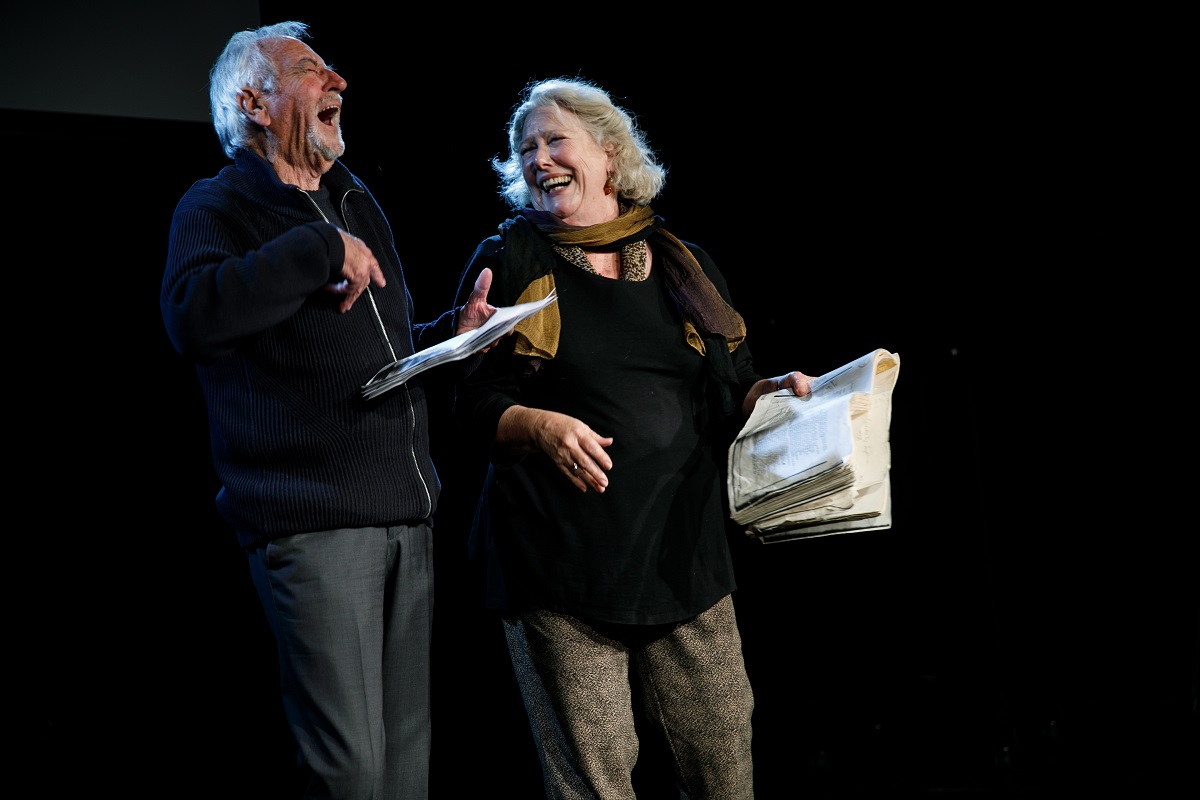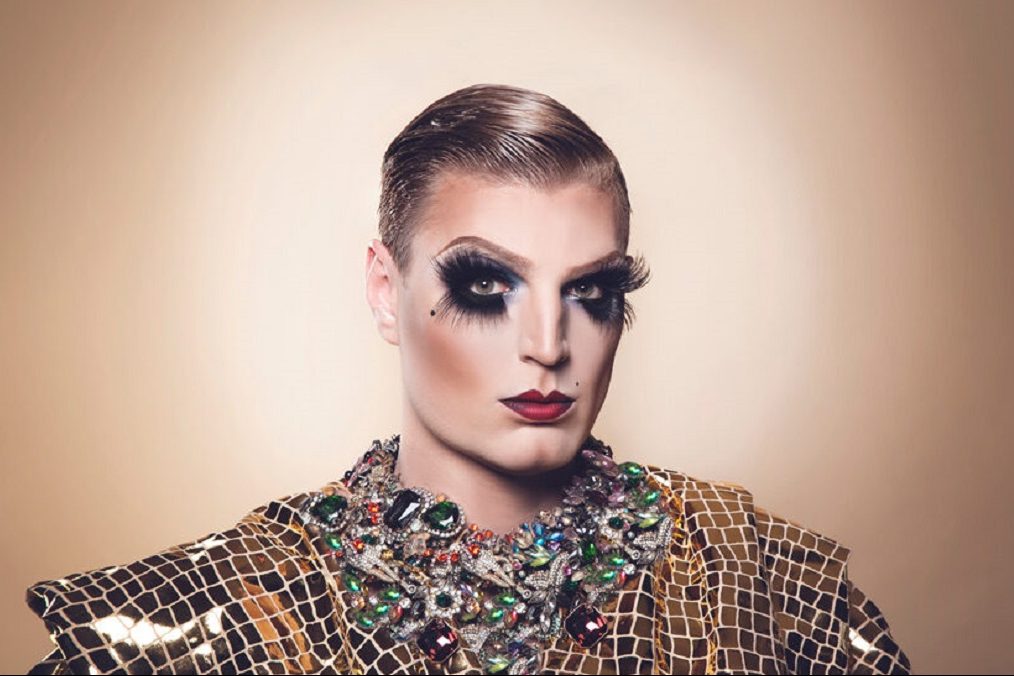
While a local-content quota system for streaming companies in Australia does have the possibility of seeing more fantastic productions pop up, it also treads on dangerous ground, says “Watch It!” columnist NICK OVERALL.
A MENTALIST, a senior crown prosecutor, an army lieutenant and a play-school presenter knock on the Prime Minister’s door wanting Netflix to make more Australian TV. What’s the verdict?

In reality it was actors Simon Baker, Marta Dusseldorp, Bryan Brown and Justine Clarke, who led a troupe of Australian film and television talent into Parliament House to lobby for major streaming platforms including Netflix, Stan, Disney Plus and Foxtel Group’s Binge to invest 20 per cent of their local profits back into “new Australian drama, documentaries and children’s content”.
It follows similar moves from France and Canada, which are also lobbying to have the streaming big guns put up to 30 per cent of local profits back into homegrown productions.
All sounds thumbs up in concept, but quotas and quality don’t always mesh.
For example, the current laws in place for the primary free-to-air channels such as Nine and Seven, where it’s enforced that 55 per cent of what airs between 6am and midnight must be Australian-produced content.
The objective of the laws is to “promote the role of commercial television services in developing and reflecting a sense of Australian identity, character and cultural diversity”.
Does that suggest all Australians marry each other at first sight, routinely cook themselves into a frenzy and play extravagant mini golf then?
Many viewers have expressed worry the quota on streaming would see the quality of productions drop, saying they pay for their streaming service to get away from what’s on Australian free-to-air TV.
That’s a fair sentiment. On one hand, there’s $10 a month to watch the world’s most popular, high-end programs. On the other, there’s a catalogue that’s become oversaturated with gimmicky, cheaply made reality programs designed to flog enough ads to double their run time.
However, Australian free-to-air TV does have examples of what some dedicated talent and some dedicated dollars can achieve.
Take the ABC’s production of “Glitch”, about a police officer in small town Australia forced to face six dead residents who’ve come back to life in full health.
Generally the show was held to be a vast step up from other Australian drama and successful enough that Netflix actually cut a deal with the ABC to help produce and air the second and third seasons.
Netflix also paid for “Rake”, the ABC’s comedy about the sharp, yet self-destructive lawyer Cleaver Greene. Netflix had enough confidence to put Richard Roxburgh’s hilarious performance on show for their subscribers worldwide.
Stan has some fantastic Australian productions too, including western noir thriller “Mystery Road” and sharp horror flick “Relic” as a few examples.
Programs such as these show that Australia without a doubt has the talent to produce film and television on par with our international counterparts, if given the proper resources and opportunities.
While the quota system does have the possibility of seeing more fantastic productions pop up, it also treads on somewhat dangerous ground.
Considering Australia makes up only a small portion of Netflix’s global subscriber base, the platform could simply pull the old Mark Zuckerberg one-two and just walk away if it didn’t find the investment worth it.
The other concern is the move stopping or delaying new streaming platforms from hitting our shores.
Granted, the proposal outlines that the 20 per cent rule would only apply to streaming services with more than 500,000 subscribers, but this may still be enough for streaming companies to hold off coming to Australia in favour of producing in the country they make more money from. Totally couldn’t guess which one that might be.
Australia certainly needs a strong cinematic voice, especially as the streaming industry exponentially accelerates, but I can’t help feel the quota system is more of a Band-Aid solution than a real vision for Australian storytelling on the screen.
Who can be trusted?
In a world of spin and confusion, there’s never been a more important time to support independent journalism in Canberra.
If you trust our work online and want to enforce the power of independent voices, I invite you to make a small contribution.
Every dollar of support is invested back into our journalism to help keep citynews.com.au strong and free.
Thank you,
Ian Meikle, editor




Leave a Reply